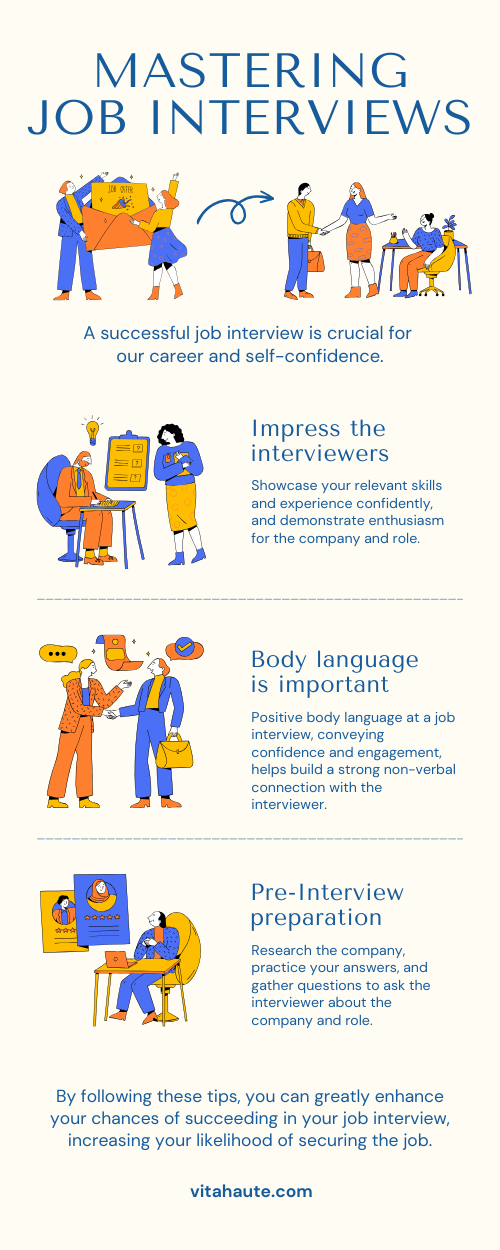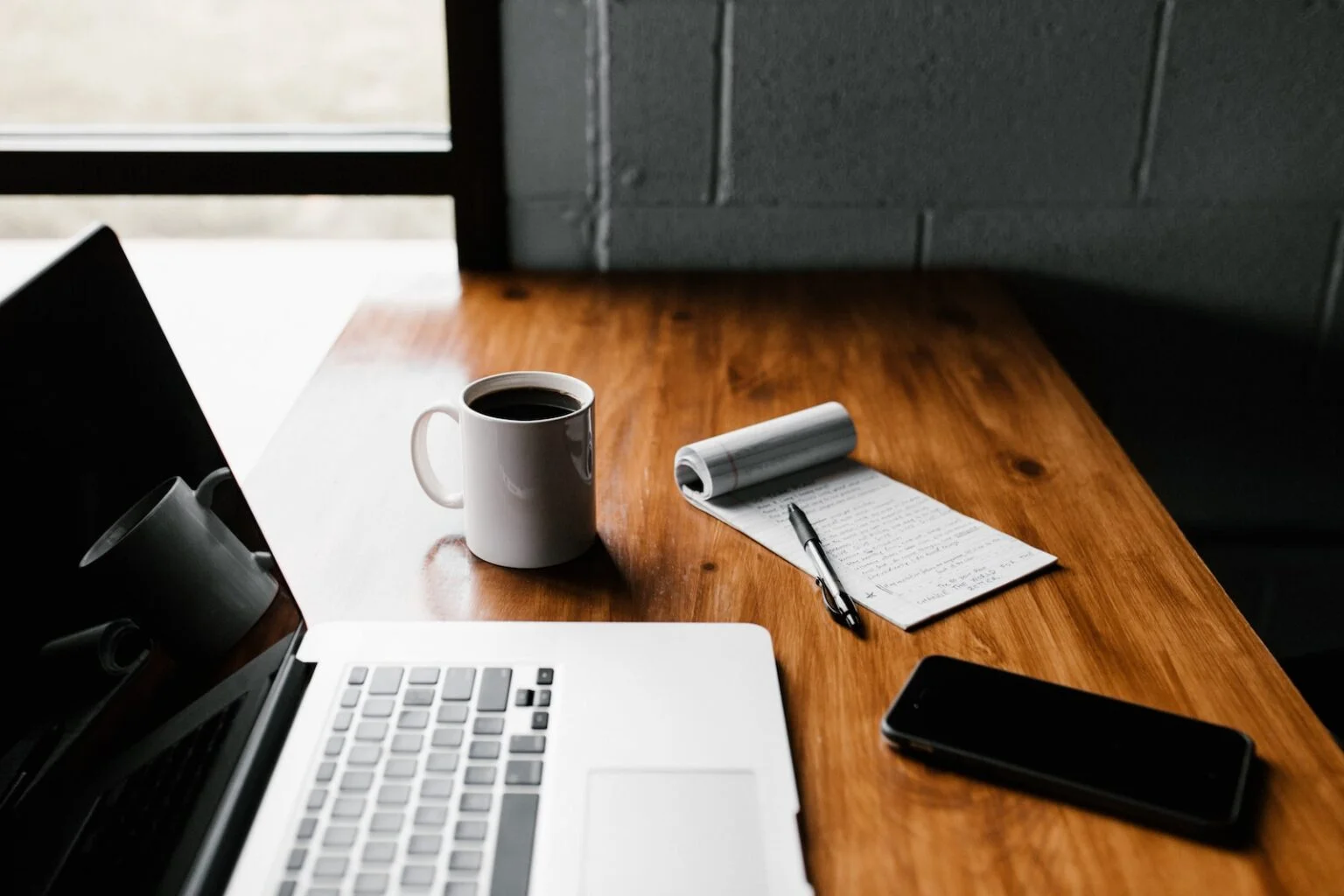Finding the ideal job that aligns with our skills and lifestyle is a universal aspiration. Determining if a job is the right fit and navigating interviews successfully can be a challenging endeavor. Presenting a polished resume, demonstrating self-assuredness, and showcasing a grasp of company culture are pivotal in impressing potential employers and progressing from interviews to job offers.
This article delves into 10 pivotal facets of job interviews that can set you apart from the competition. These tips will help your interviewer gain a comprehensive understanding of your suitability as a valuable addition to their team.
This post contains affiliate links. Please read our disclosure.
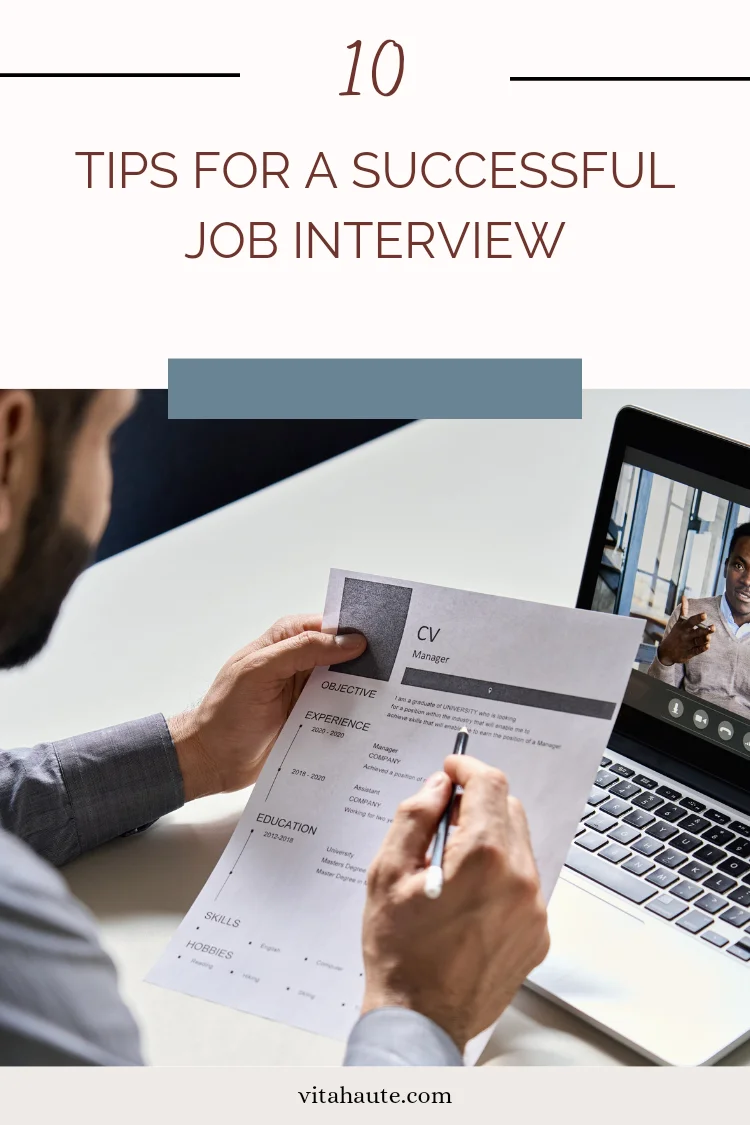
1. Do Your Research

There are a few things you need to do in order to be well prepared for your next job interview. One of the most important is researching the company you’re interviewing with. This means doing your research before your meeting, so that you have everything covered and don’t come off as uninformed or unprepared. Job applicants today have more resources at their disposal than ever before when researching a company. With the help of online reviews, blogs and various career sites, you can gain an understanding for what it’s like to work for that particular business or organization. Review up on the company culture, what their recent achievements have been and figure out which skills would be most advantageous for the role you’re applying for (e.g., customer service experience vs programming knowledge).
2. Dress Professionally

This may sound obvious, but you want to look your best during your meeting and show that you take yourself seriously as a potential new employee. Consider wearing clothes that fit well and are in styles that match the job market–this way, you’ll come off as professional and confident. Be sure to also bring along business cards and resumes if possible! There’s no doubt that looking your best helps create an attractive impression, both during the interview itself and when you are representing your employer in person. Make sure everything you wear looks professional. This means avoiding loose or baggy clothing or anything too extravagant or loud; instead choose fitted garments that fit well and look polished. When dressing for an interview it is important not only to accentuate your best assets but also respect the professional image that your employer would like their employees present.
3. Be Punctual

There are a lot of reasons to be punctual for your job interview. Punctuality sends the message that you’re serious about this opportunity and that you value your time. It shows that you’re organized and have good time management skills! And, last but not least, being on time demonstrates respect for the person conducting the interview. Effective punctuality is a skill that can make you stand out from the competition. Punctuality is key to a great job interview. Show up on time, be prepared, and you’ll make a good impression. Avoid arriving late or leaving early–this shows that you’re not organized and can’t handle basic tasks. Dress casually but professionally, Footwear should match your outfit (suit & dress shoes at interviews). Finally avoid talking excessively; if asked questions pause for a moment before answering to allow the interviewer time to conclude their thought and then speak.
4. Stay Organized
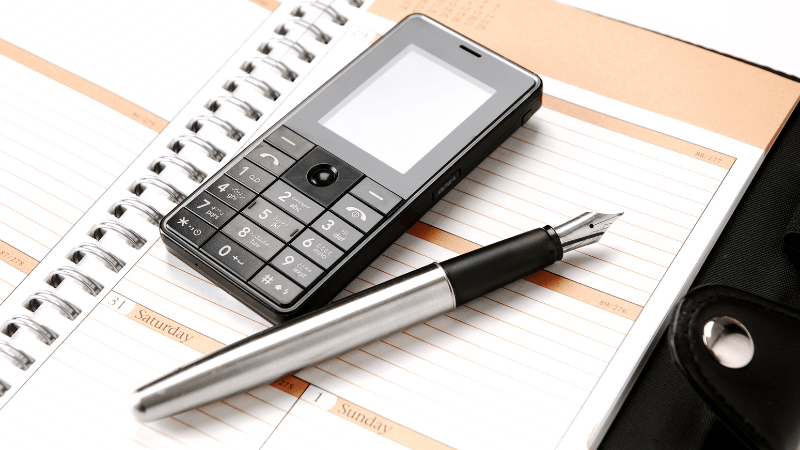
Keep all of your materials close at hand–don’t leave them on their desk or scattering around the office! Create a timeline and pack your bags with everything you’ll need. Put together a folder full of your strongest materials, including résumés, cover letters and employer packets. Make sure to FILE–not hide!–the documents that support what you’ve told employers about yourself. Write down in advance what you want to discuss with the interviewer. This will keep your mind focused on key points and help you stay on track when talking with them. Have copies of your resume, cover letter, and other documents ready to show to the interviewer.
5. Keep Your Composure

The most important thing when it comes to interviewing is to project a positive attitude and present yourself in the best possible light. That means staying cool under pressure and appearing poised and knowledgeable about the position you’re interviewing for. There are a few things you can do in order to keep your composure and not seem panicked or dishonest during an interview: Be prepared for questions about your skills and experience. List everything that you have worked on, so the interviewer has a clear idea of what kind of worker you are. Avoid vague answers or covering up information; this will only make the interviewer suspicious. Lastly, stay positive–no matter what happens in the interview, maintain your poise and self-confidence! During the interview, stay calm, composed, and confident. This will show that you are confident in yourself and successfully handling difficult questioning. React positively to questions and don’t argue or defend yourself–take the high road!
6. Ask Questions
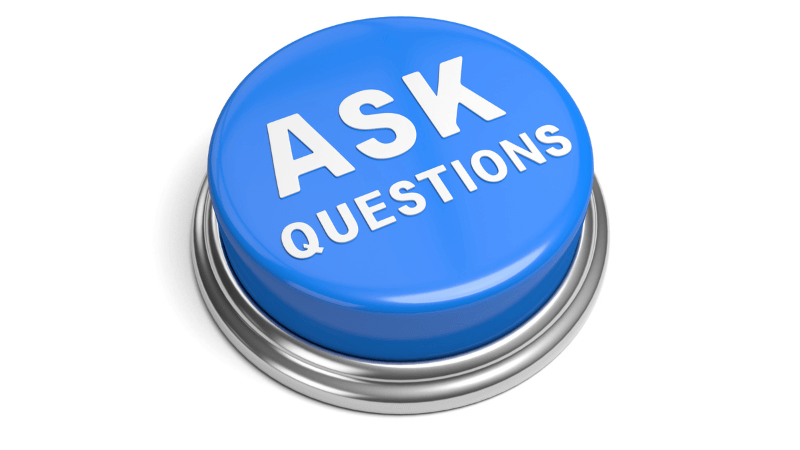
During a job interview, you should ask questions that will help you learn more about the position and the company. By doing this, you’ll be able to gain valuable insight into the company and figure out if it’s a fit for you. You can ask about the company’s history, how it operates, and what its goals are. You should also ask about what skills would be useful for the position, how much training is required to do the job well, and whether there are any flexible hours or working from home options available. When you’re interviewing for a job, it’s important to have some questions ready so that you can evaluate the fit and get a feel for what the job is all about. Preparation will make your interview process smoother, and hopefully result in an offer of employment!
7. Eat Before Interview
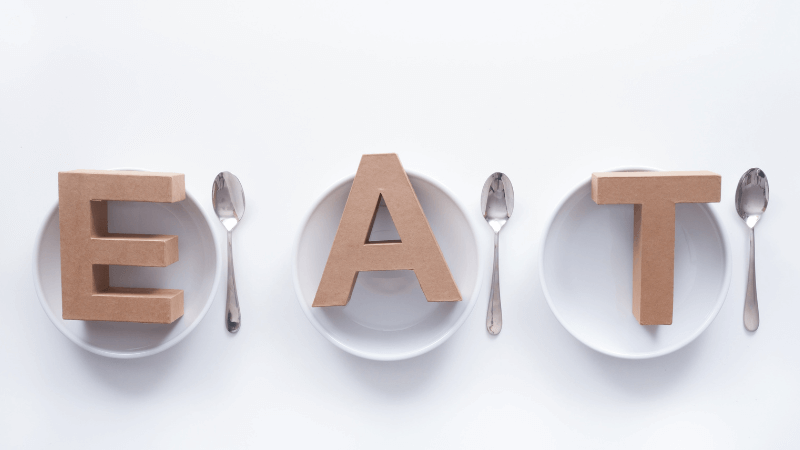
There are a few things that you should keep in mind before your job interview. Preparation is key, so think about foods and drinks that will help calm any nerves and make the process go more smoothly. While it may seem impossible to stick to a particular menu plan until the big moment, by creating an eating schedule ahead of time, you can put yourself in a much better place both physically and mentally. Finding the time to eat a nutritious breakfast can make a big difference to your performance. According to The Huffington Post, research has found that people who have breakfast before an interview are more likely to get hired than those who don’t. This is because eating something during the morning restart your metabolism, giving you energy and help focus on the task at hand. In addition, having a good breakfast helps boost your brainpower and motivates you for hours of work. Bring along an affordable, protein-rich snack like an energy bar or trail mix. These snacks will give you the energy you need to power through the questionnaire and hopefully leave any potential employer impressed with how well rested and prepared you are.
8. Practice Nonverbal Communication
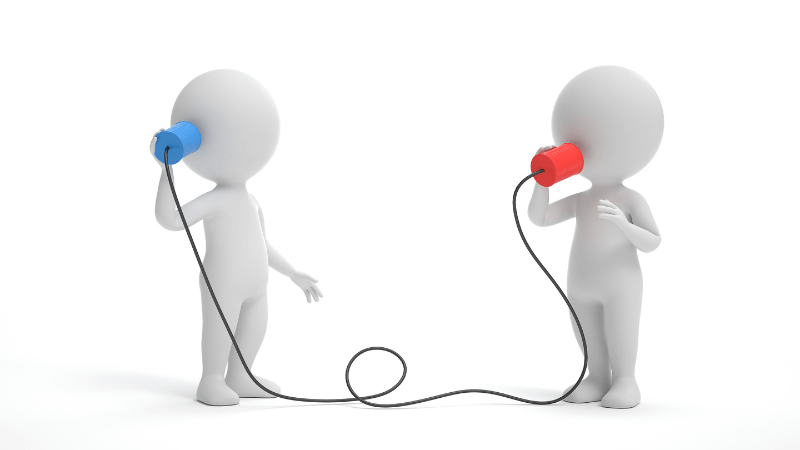
Job interviews can be quite stressful, especially if you’re not used to them. Nonverbal communication plays just as big of a role in these interactions as verbal communication does. In fact, poor nonverbal behavior during an interview can actually lead to unemployment. So make sure you are observant and pay close attention to how your body is reacting throughout the interview process. Nonverbal communication is extremely important in determining how someone interprets what we say, so it’s worth focusing on these elements if you want to impress your interviewer. Ensuring good body language and eye contact ensures that our messages are being received and understood; not to mention, it gives off the impression of being friendly, reliable, and confident. In order to communicate effectively during an interview, it is important to learn about how nonverbal communication influences behavior. Nonverbal cues can be as important as verbal ones in setting the tone of a conversation or interaction. Be aware of your body language and use it to express yourself. Nonverbal communication can be a powerful way to communicate with others. If you want to improve your nonverbal communication skills, it is important to practice them before your interview. There are several ways that you can practice your nonverbal communication skills.
9. Do Not Speak Negatively About Previous Employers

When you are interviewing for a job, be professional and respectful. What you say about your previous employers can reflect on your professionalism and ability to work in the new position. Do not speak negatively about previous employers on your job interview. It will make you look uninterested in the new job. It likewise shows that you are not committed to your career growth, and may make other workers doubt your skills. Employers expect employees who switch jobs to be enthusiastic about their new situation. This can’t be faked convincingly if negative comments were made about past employers. The impression this gives others could lead them to believe that you’re a loose cannon and won’t last long at any company (even if those statements aren’t 100% accurate).
10. Send a Thank-You Letter After the Interview

After an interview, it is important to take the time to send a thank you letter. This will show your interviewer that you appreciated the opportunity and are clearly interested in the position. Thank you letters are a powerful way to show appreciation after an interview. They can help position you as a desirable candidate and make sure your skills stand out. Thank the interviewer for their time and outlining your qualifications. Let them know why you would be a good fit for the position and remind them of your skills. Tell the interviewer what impresses you most about their company or individual and share any ideas that came to mind during the interview process. Express hope that they will give consideration to your application and ask if there is anything else they can do to help facilitate introductions or references.
Conclusion
Interviewing for a job is an important step in your career. It can be difficult to nail down the right opportunity, but with some preparation and research you can ace your interview. Different industries have different interviewing procedures, but some of the same skills and approaches that help you shine in a technical interview can also help you nail a job interview. We hope you have found our post useful, and remember that preparation is key when preparing for an interview. Have confidence in yourself and your abilities, and put your best foot forward as you pursue the job of your dreams. Make a good first impression, and watch the offers for employment roll in.
